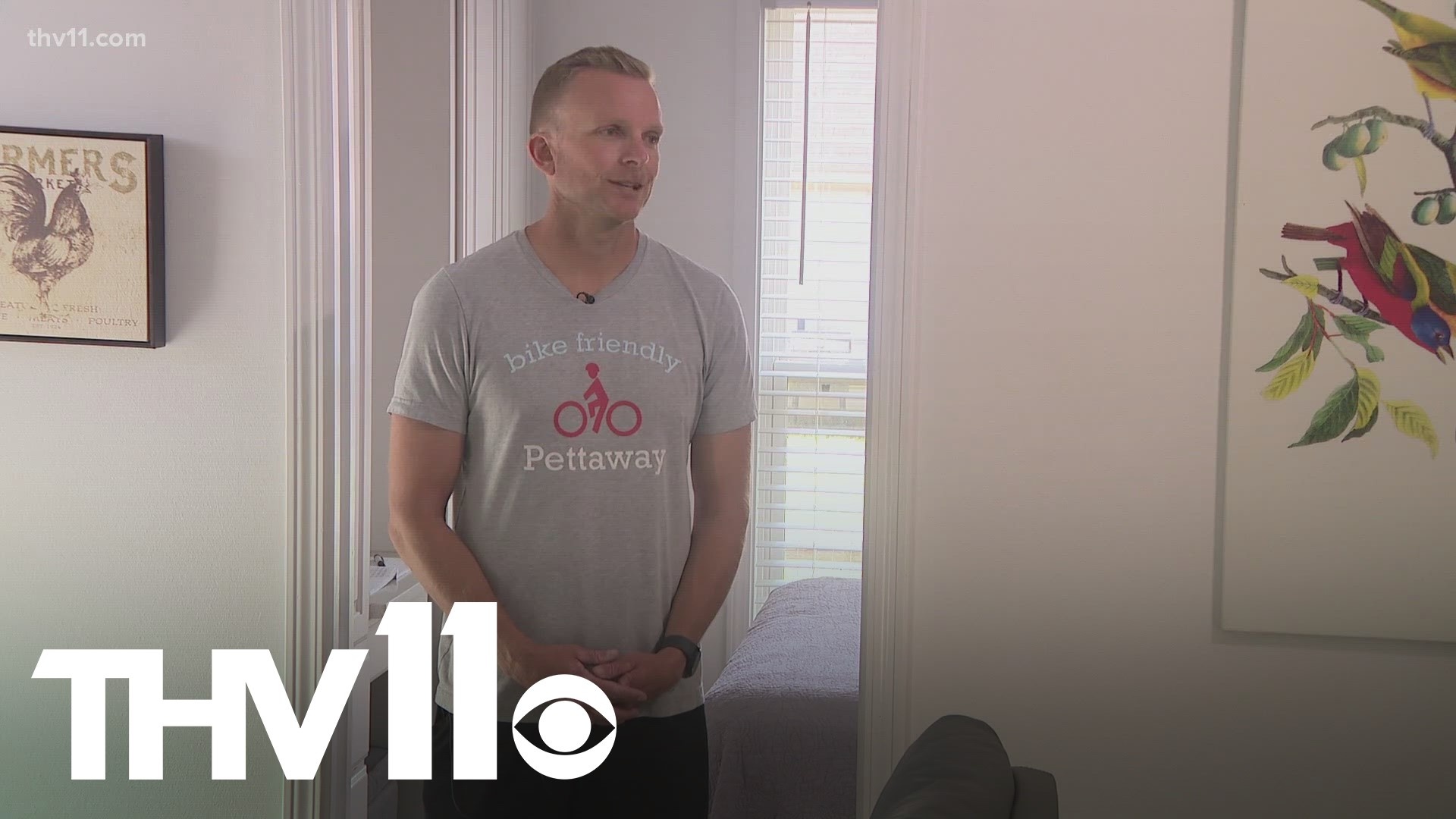LITTLE ROCK, Ark. — One thing became very clear once restrictions were lifted following the COVID-19 pandemic— people like to travel.
Airbnb reported its highest 4th quarter in 2022 with a revenue of $1.9 billion dollars. However, following the deaths of three Americans from carbon monoxide poisoning inside their Airbnb rental in Mexico, a big focus has been put on the safety of short-term rentals.
Allie Walker and her wife have been Airbnb users for nearly ten years.
“It just provides you with an opportunity to have a home away from home. Whereas a hotel just gives you a place to sleep and relax,” she described.
Allie said she uses Airbnb at least ten times a year and appreciates the ability to look for a specific place with specific items.
“It’s going to be like a kitchen or a nice bathtub or hot tub depending on the trip. But no, I never think of the smoke or carbon monoxide detector,” she said.
Those detectors are rarely at the front of any traveler’s mind ahead of a vacation. Tragically, three Americans died in Mexico City inside their Airbnb vacation rental from carbon monoxide poisoning in 2022.
Following that incident, Airbnb suspended the listing and canceled upcoming reservations while offering support to the victim’s families.
But what exactly is a host's responsibility when it comes to carbon monoxide detectors?
Mike Orndorff has owned and operated multiple Airbnb Short-Term Rentals, or STRs, in the Pettaway neighborhood of Little Rock since 2015.
“We’ve probably had 3,000 people stay here because not everybody reviews but we’ve had at least 1,100 people review this STR,” he said.
Orndorff said that once his Airbnb property is listed he makes sure all detectors are functioning properly before renting out the space.
“When I was setting up this, they asked me if it was onsite and of course it is. We clicked yes and so when people are renting an STR they can see on the Airbnb website whether they have a carbon monoxide detector or not,” Orndoff said.
We asked Airbnb if there is a company policy requiring carbon monoxide detectors to be provided by hosts, and they sent us the following statement:
“Although it is ultimately up to the city to enforce CO detector compliance in accordance with local laws, we encourage all Hosts to confirm that they have a smoke and CO detector installed. Homes that report having a detector are clearly marked, so this information is visible to guests. Guests can even filter listings by homes that report having a detector. If a guest books a listing where a Host has not yet reported detectors present, we flag this so they’re aware and can take precautionary steps as needed.”
The company also runs a global detector program giving away combined smoke and CO detectors at no cost to eligible hosts.
Orndorff recommended that if you are looking to become a host, try to stay near your property or have someone you trust close by.
“It’s what the guests deserve and you’re not doing yourself any favors from an anxiety standpoint to have an STR that is not a short walk away,” he explained.
He added that if you’re traveling you can always contact the host to make sure the CO detector is working, as well as take a mobile detector with you on your trip— something Allie said she will heavily consider bringing on her next trip.
“Absolutely, you want to make sure the home is up to date especially if they’re not staying in the home a lot,” she said.
Airbnb said that they work with fire services and safety experts around the world on home safety guidance.

